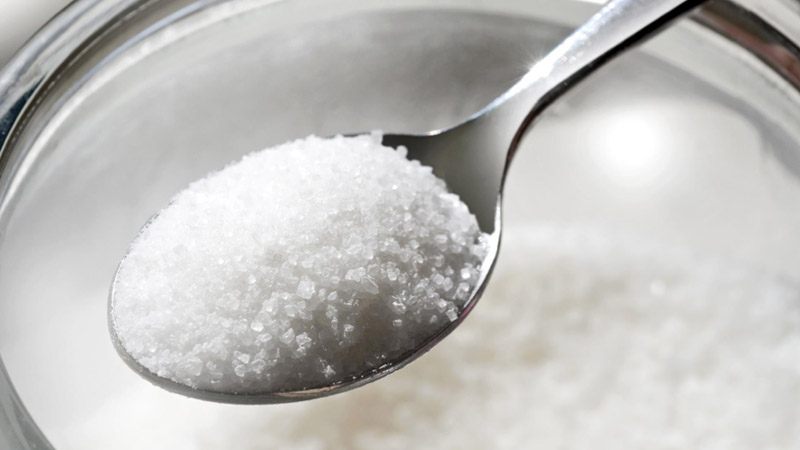You probably know by now that consuming excessive amounts of sugar is not great for your health. However, some people still tend to overindulge. We have news that might make you reconsider reaching for that large slice of cake and encourage you to walk away. Sugar is detrimental to our skin as it accelerates the aging process! Yes, you heard us right.
Your diet, among many other factors, plays a significant role in damaging your skin’s health, and sugar is one of the worst culprits. We understand that sugar is present in various foods, but it’s crucial to recognize the significant difference between natural and added sugar. While natural sugar is a healthy component for nourishment, added sugars have a negative impact on your health.
In this article, we will explore some warning signs that your skin displays when you consume excess sugar (specifically, added sugar). But before we delve into that, let’s first understand the fundamental distinction between natural and added sugar.
What Is Natural Sugar?
According to The Sugar Association, sugar stands for the word sucrose, a healthy component naturally produced in fruits and vegetables. Sucrose is a simple, water-soluble carbohydrate that provides you energy for physical and mental functioning.
What Is Added Sugar?
Of all the fruits and vegetables, sugarcane is known to contain the highest quantities of sugar and is considered the optimal choice for sugar extraction, as stated by the Sugar Association. The white sugar that you add to your tea, coffee, and desserts is a byproduct of extensive processing, which leads to the loss of nutrients and has negative effects on health.
Added sugar is also present in processed foods, packaged drinks, and nearly every food item found on the shelves of grocery stores. While completely eliminating sugar from your meals may seem challenging, you can always limit your intake for the sake of better health.
Side Effects of Excess Sugar Intake: How Added Sugar Negatively Affects Your Health:
- Weight gain:
Sugar and sugary items are high in calories and low in nutrients. Consuming these foods in excessive amounts leads to an increased calorie intake, raising the risk of weight gain and obesity.
- High blood pressure:
Consuming excessive sugar may inhibit the production of nitric oxide in blood vessels and activate the sympathetic nervous system. These factors can result in elevated blood pressure and heart rate.
- Increased blood sugar:
While sugar consumption doesn’t directly impact blood sugar levels, factors like weight gain and increased heart risks due to high sugar intake may lead to insulin resistance and increase the risk of diabetes.
- Tooth decay:
Sugar is known to nourish oral bacteria, which produce acid as a waste product. This acid can erode tooth enamel, leading to various dental issues, including cavities.
- Affects mood:
For many of us, indulging in sugary treats provides temporary relief. Ever wondered why? The sugar in these treats triggers an instant increase in serotonin secretion, leading to a sudden change in mood. However, in the long run, excessive sugar intake can negatively affect mental health, causing symptoms such as depression, anxiety, and irritability.
Why Is Added Sugar Bad for Your Skin: 5 Warning Signs You Must Consider
- Acne:
Excessive sugar intake causes inflammation in the body, leading to increased sebum production (oil for the skin). These factors contribute to the development of acne and pimples.
- Premature aging:
The chemicals in sugar are known to impair collagen production in the skin. They also hinder the skin’s detoxification process, resulting in the formation of fine lines, wrinkles, and premature aging.
- Dehydration:
High sugar consumption affects blood and oxygen circulation in the skin cells, which can cause dryness and dehydration of the skin.
- Puffiness:
As mentioned earlier, sugar triggers inflammation in the body, leading to swelling, pain, and general puffiness, particularly under the eyes.
- Dullness:
Excess sugar consumption limits collagen production and breaks down elastin, proteins that provide firmness and sheen to the skin. Reduced production of these proteins can make the skin appear dry and undernourished.



